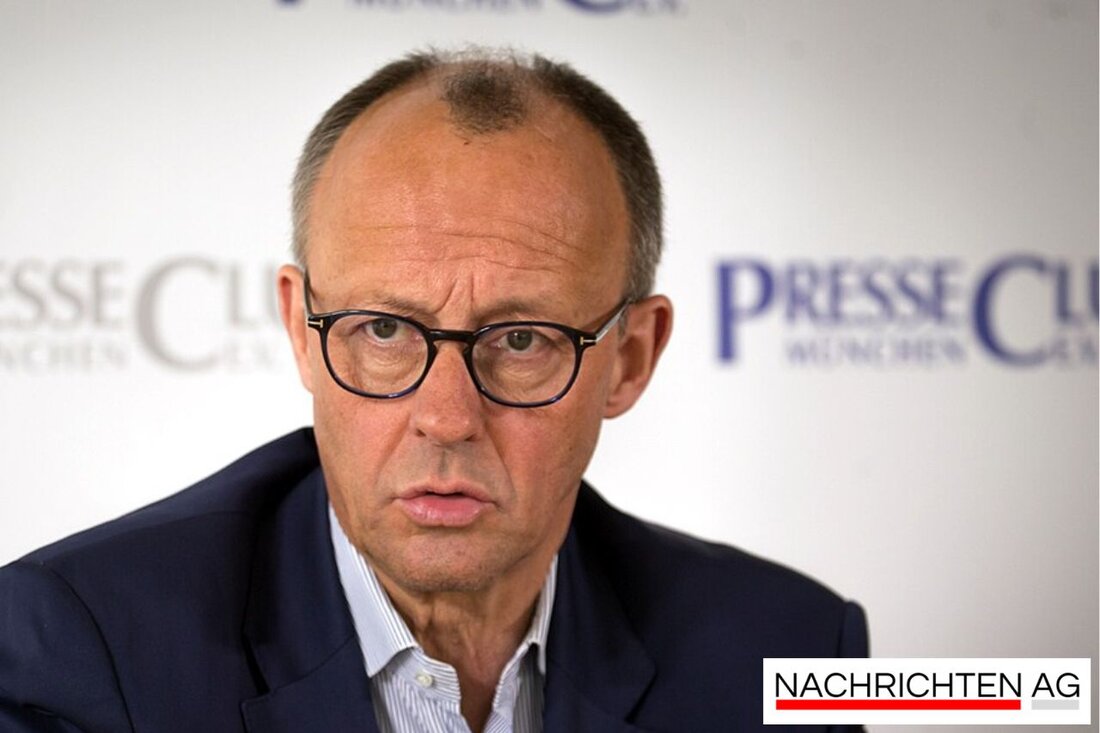Revolution in the pension system: early start and active pension for everyone!
Revolution in the pension system: early start and active pension for everyone!
The Federal Government, headed by Chancellor Friedrich Merz (CDU), has announced comprehensive changes in the German pension system. These initiatives aim to make visible progress by the middle of 2025. The central measures include the introduction of a "early start pension", adjustments to the "mother's pension", the creation of an "active pension" as well as stronger company pensions and a stabilization of the pension level by 2031. href = "https://www.ruhr24.de/service/Rente-neuerungen-dutschland-muetter-aketter-aktiv-fruhstart-drv-d-zr-93762750.html" target = "_ blank"> Ruhr24
The early start pension, which is available from 2026, offers children between the ages of 6 and 18 who attend an educational institution, a monthly grant of 10 euros for an old-age provision. With an assumed annual return of 6 percent, this could result in a capital of around 36,500 euros up to the age of 67. With additional deposits of 100 euros per month from the age of 18, the final capital could even be around 375,000 euros.
innovations for mothers and pensioners
An important innovation is the introduction of the "mother's pension 3", which strives to equalize all mothers in pension insurance. From July 2025, mothers receive three pension points per child, regardless of the year of birth. Mothers from children born before 1992 can look forward to a monthly increase in their pension by around 20.39 euros. It is estimated that around 10 million pensioners could benefit from this reform.
Another part of the reform is the "active pension", which enables pensioners to earn up to 2,000 euros per month tax -free. In addition, the pension surcharge of 0.5 percent remains for each month of the later pension. With these changes, an incentive structure is to be created that enables older workers a flexible and healthy return to the labor market.
In addition, the federal government plans to make reliefs and incentives for company pension schemes, especially for low -wage earners. The stabilization of the pension level represents a central point, since the coalition has recognized that the demographic development and the entry of baby boomers will greatly burden the financing of the statutory pension insurance. Also t-online reports about the challenges go hand in hand with these changes.
financing and challenges of the pension system
Currently 61 percent of pensioners receive less than 1,200 euros net per month, and every third pensioner has to be content with less than 750 euros net. The statutory pension insurance operates according to the levy procedure, whereby the current pension payments are financed by the contributions of the employed. The challenges are serious: a low birth rate and rising life expectancy lead to more pensioners and fewer contribution payers. The Federal Government has already planned grants of over 100 billion euros in pension insurance, which is more than 25 percent of the federal budget, so Deutschlandfunk .
In order to address the financing problems, economists recommend adapting the retirement age to the increasing life expectancy. At the moment, the pension level is around 48 percent of the average income, and it could continue to decrease without statutory holding lines. These developments require careful weighing up the political options in order to secure both the financial stability of the pension insurance and increase the quality of life of the pensioners.
| Details | |
|---|---|
| Ort | Deutschland |
| Quellen | |


Kommentare (0)